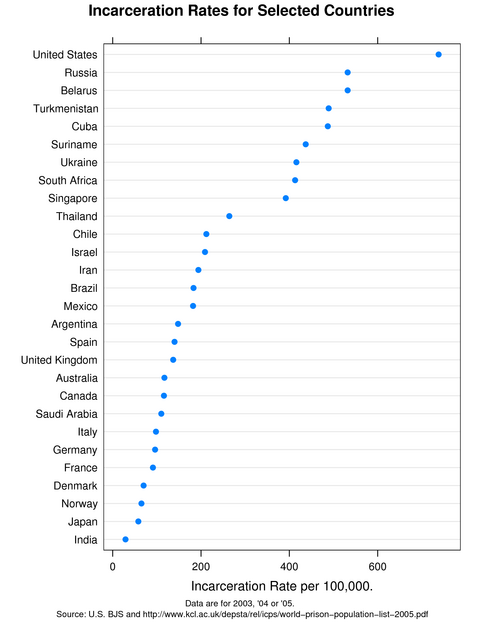This would be wankeriffic if it wasn’t so pathetic – Peter Rosse Range, the editor of the official Democratic Leadership Council rag uses the Euston manifesto as evidence for the purported “resurgence of an intelligent left in Europe”:http://www.dlc.org/print.cfm?contentid=253865. It starts with generalities about the rejection of anti-Americanism among European lefties.
bq. It is, of course, an article of faith among Europe’s lefties that America is a cultural and intellectual wasteland. But this, too, is beginning to change. A stream of Europeans passing through Washington this spring expressed surprise at the quality and variety of the debate in the city’s dynamic think tanks.
And exactly which debate is it that enjoys such remarkable “quality” and “variety”?
bq. Whereas there’s basically one opinion about the Iraq war in Paris and Berlin — “Everybody already knows it’s bad, so they don’t discuss it,” grouses Der Spiegel’s Claus Christian Malzahn — Washington is a hotbed of disagreement and discussion. Even London’s _Economist_ noted the thriving battles of ideas: “Look at the world of public policy today and it is America that is the land of the intellectuals and Europe that is the intellect-free zone.” Words I never thought I would read in a European publication.
Even apart from the rather dishonest implication that the _Economist_ is a reliable barometer of what the European left is thinking, this is nonsense. The Washington debate over the Iraq war is anything but a “thriving battle of ideas” (in fairness, the _Economist_ “article”:http://www.economist.com/displaystory.cfm?story_id=5660806 which Range cites as support doesn’t say this, although it’s very stinky in many other ways). It’s a retreat from Moscow, in which those who signed onto the war are trying desperately to salvage the few scraps of credibility that they have remaining to them. Range’s article doesn’t herald a resurgence of anything at all – it’s an attempt to conjure up allies for an exploded policy position out of thin air. Scott McLemee “puts his finger on what’s wrong”:http://www.insidehighered.com/views/2006/05/24/mclemee:
bq. But in the final analysis, there was something else bothersome about the manifesto — something I couldn’t quite put a finger on, for a while. A vague dissatisfaction, a feeling of blurry inconsequentiality…. Then it suddenly came into focus: The manifesto did not seem like the product of a real movement, nor the founding document of a new organization – nor anything, really, but a proclamation of dissatisfaction by people in an Internet-based transatlantic social network. … Something better might yet emerge … You never know. But for now, with only the text to go by, it is hard to shake a suspicion that the Euston Manifesto owes less to Marx than to MySpace.
Range would like to pretend that there’s an emerging European left that supports the rather contorted position that prominent DLCers have taken on Iraq. This is a politically convenient fiction; some blokes in a pub, a few op-ed columnists and a bunch of signatures on an Internet petition does not a widely-based movement make. But when you’re short of friends at home, the temptation to come up with quasi-imaginary friends elsewhere must be close to overwhelming.
(via “Politicaltheory.info”:http://www.politicaltheory.info/)

